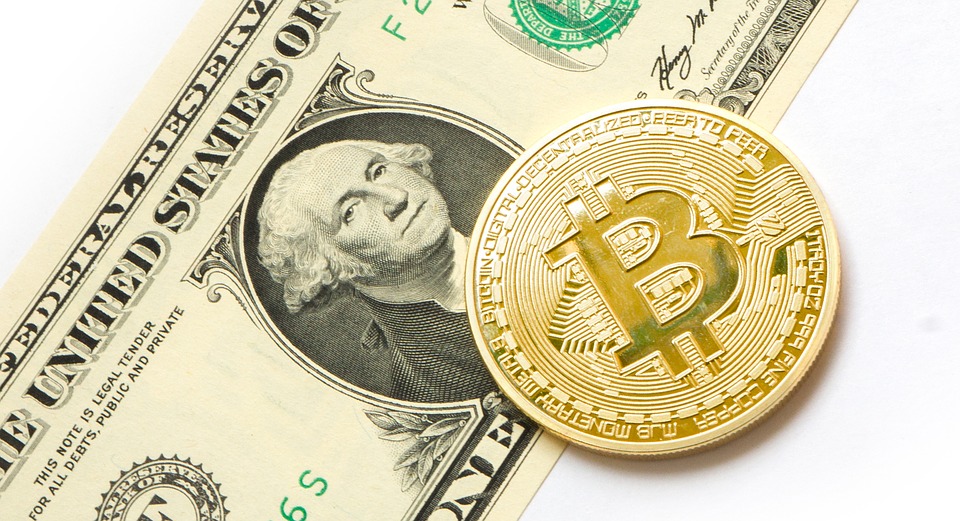Representative Luizo Goulart, a Brazilian politician, has proposed legislation to legitimize cryptocurrency payments as a means of income for state and corporate sector employees. Goulart’s plan calls for the passage of a new law that would provide all Brazilian workers the option of requesting remuneration in cryptocurrency from their employers. The measure, on the other hand, stipulates that cryptocurrency payments can only be issued once a consensual understanding between the employees and the company has been reached.
As stated in the bill’s translated form, “the limitations of the proportion of payments (remuneration) in digital currencies will be determined by the employee’s free will. Any compulsion imposed by the employer shall be strictly banned.” With an emphasis on decentralization and the removal of dependence on “a single individual or a central institution,” the bill depicts the development of finance, from a bartering system and fiat money to Bitcoin (BTC), while also pointing out the progression of money.
If Goulart’s bill is enacted into law, it will develop a settlement between the employees and the employers on the proportions of pay to be paid in cryptocurrency and fiat. The idea, as per Goulart, will “most critically contribute to the settlement of the cash problems of the National, State and Local governments, by enabling payment substitutes, while at the same moment, creating a massive Market Economy that is yet to be created.”
Goulart mentioned the necessity to develop “a world economy that simplifies the daily lives of residents and delivers a good standard of living for all” as one of the reasons for seeking acceptance of the idea. After 90 days from the date of passage, the bill will be signed into law by the president.
Longer Prison Time For Crypto Criminals
Brazilian lawmakers have adopted a plan to criminalize cryptocurrency-related financial crimes in the country’s Chamber of Deputies Special Committee. According to the most recent regulatory modifications, the punishment for money laundering has been enhanced, other than the minimum prison sentences for related offenses being raised. The punishment has been raised from one-third of the quantity of washed money to two-thirds of the sum of washed money, and the maximum prison sentence has been extended from 10 years and 8 months to 16 years and 8 months.
When there is no regulation in place, individuals have nowhere to turn.” In Brazil, the market will continue to advance and change. Per the Federal Deputy Aureo Ribeiro, “financiers will no longer be able to mislead millions of Brazilians through the use of technological means.”
